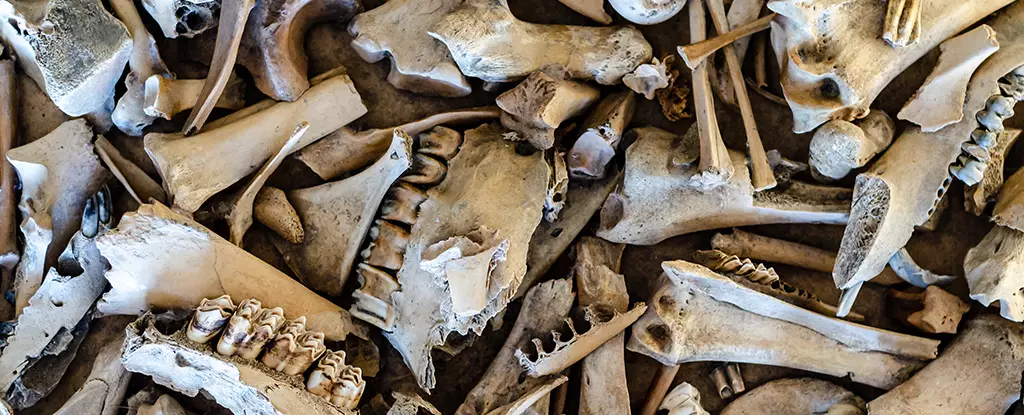For centuries, Neanderthals have been painted as the quintessential cavemen—primitive, impulsive, and limited in their cognitive abilities. This outdated narrative stubbornly persists in popular culture, marginalizing their true complexity. Recent discoveries, however, threaten to overturn this simplistic caricature. The uncovered evidence of a Neanderthal “fat factory” in Germany uncovers a level of strategic planning and technological sophistication that is hard to reconcile with notions of primitive brutality. Neanderthals, it appears, possessed a nuanced understanding of resource management, demonstrating behaviors that rival early modern humans in terms of foresight and ingenuity. They devised organized systems to extract and preserve high-value nutrients, revealing not just survival instincts but a form of cultural intelligence that had been underestimated for too long.
Reimagining Neanderthal Society and Technological Prowess
This archaeological find paints a compelling picture of a society that was far more organized and technologically capable than previously believed. The site in Neumark-Nord shows meticulous bone processing, deliberate site management, and resource caching—a sign of planning that requires a well-developed understanding of seasonal cycles, animal behavior, and perhaps even rudimentary notions of long-term storage. Such complexity suggests these ancient humans didn’t simply react to their environment; they anticipated and manipulated it, turning raw materials into vital resources with purpose and efficiency. The image of Neanderthals as brutish scavengers grows increasingly outdated as evidence mounts—they were innovating, managing, and perhaps even innovating in ways that warrant recognition as proto-civilizations.
Challenging the Legacy of Human Supremacy
This discovery also prompts a critical reflection on the racial and cultural biases embedded in paleoanthropology. For decades, the narrative of human evolution has subtly favored Homo sapiens, casting Neanderthals as a failed experiment of evolution. However, findings like the “fat factory” serve as powerful counterexamples—they show a species capable of complex social organization, technological innovation, and strategic resource management. The implications extend beyond science; they demand a reassessment of our assumptions about intelligence, adaptability, and the very nature of what it means to be “human.” In recognizing the sophistication of Neanderthal behavior, we are compelled to reconsider the simplistic dichotomy between “primitive” and “advanced” that has long colored interpretations of human evolution.
Implications for Our Understanding of Extinction and Survival
Why did Homo sapiens survive while Neanderthals vanished? Many theories have been proposed—climatic upheavals, competition, or small population sizes. Yet, the discovery of such advanced behavior among Neanderthals complicates the picture. It raises the possibility that extinction was not solely due to inferiority or lack of intelligence. Perhaps environmental factors, social dynamics, or interactions with early humans played more significant roles. The idea that our closest relatives were actually capable, resourceful, and strategic suggests that their extinction was not due to innate incapacity but rather external circumstances or complex interplay of factors. Furthermore, remnants of their intelligence challenge us to rethink how adaptability and strategic resource management could have factored into survival for other species, including our own.
The Future of Neanderthal Research and Human Self-Perception
These revelations underscore the importance of continued archaeological and scientific investigation. Each new site has the potential to unveil further insights into Neanderthal life—perhaps their languages, social structures, or even art. Such discoveries could finally bridge the gap between modern humans and our archaic cousins, fostering a deeper appreciation of shared traits and evolutionary roots. Yet, they also push us to confront uncomfortable truths about humanity’s origins, biases, and self-perception. Recognizing Neanderthals as intelligent and resourceful ancestors prompts us to reflect on our own development and the ways in which narratives of primitiveness have shaped cultural and scientific outlooks. As we peel back the layers of prehistory, we are reminded that human evolution is a story of resilience, adaptability, and sometimes, unexpected sophistication.



Leave a Reply